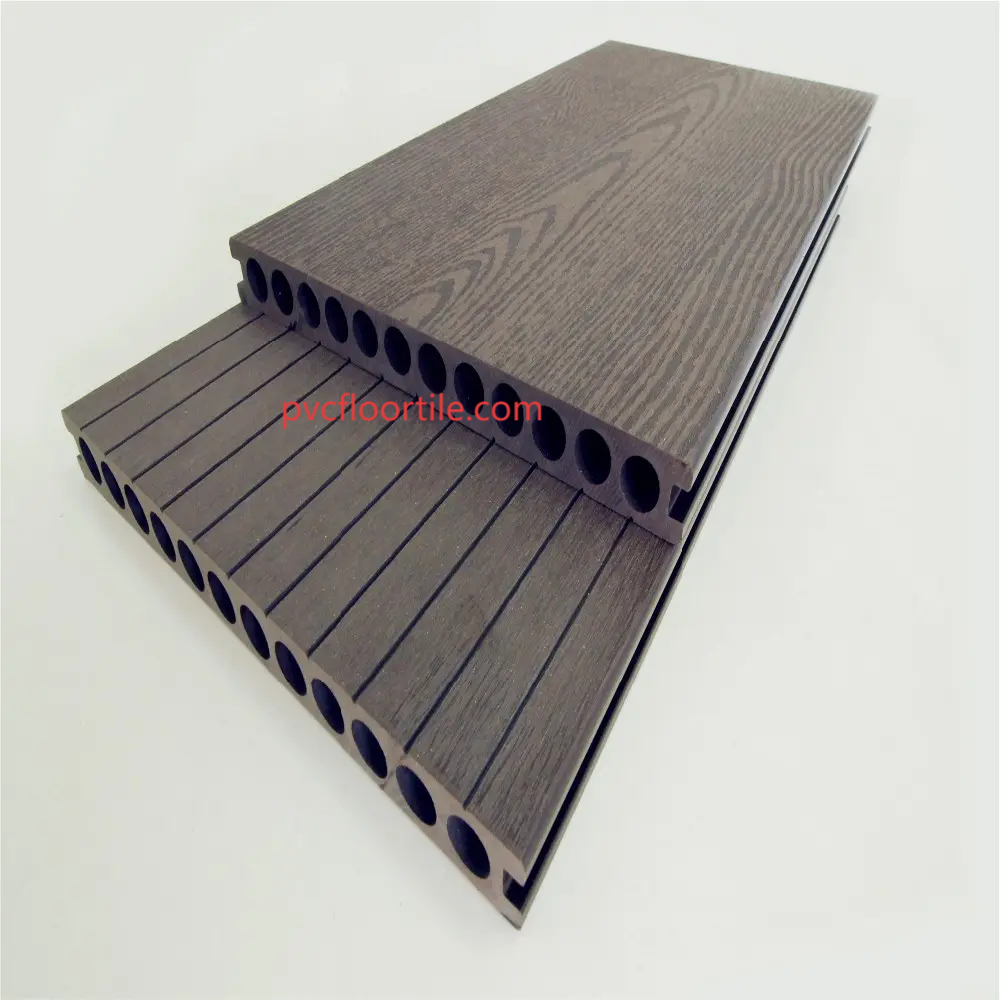Recent investigations revealing medical waste in recycled polymer streams have ignited industry-wide scrutiny. The discovery of hospital IV bags and tubing within pellets destined for consumer products presents profound ethical and safety dilemmas. For any PVC Flooring Manufacturer , incorporating post-consumer recycled content symbolizes environmental commitment. However, medical waste introduces unacceptable biological risks and regulatory perils that transcend ordinary contamination challenges. This complex situation forces manufacturers to reevaluate sourcing protocols while balancing circular economy ideals with fundamental biosafety responsibilities. The integrity of sustainability claims now faces unprecedented examination as stakeholders demand absolute transparency about material origins.
The technical difficulties in detecting medical plastics are often underestimated. Unlike industrial scrap with consistent compositions, medical-grade PVC contains specialized plasticizers and stabilizers designed for clinical environments. When fragmented and mixed with municipal waste streams, visual identification becomes nearly impossible. Advanced spectroscopic sorting technology struggles to distinguish certain medical polymers from packaging materials at high-speed processing volumes. Furthermore, chemical sterilants and pharmaceutical residues absorbed into plastic matrices require specialized decontamination processes far beyond standard washing. These hidden contaminants threaten not only worker safety during handling but may compromise indoor air quality if volatile compounds off-gas from finished flooring products installed in homes.
Regulatory landscapes compound these challenges. While general recycled content targets exist, standards specifically prohibiting medical waste in consumer goods remain ambiguous across regions. This regulatory gap creates inconsistent enforcement and tempts unethical suppliers to blend questionable materials into bulk shipments. Responsible PVC Flooring Manufacturer operations must therefore implement proprietary verification systems that exceed statutory requirements. Supplier audits now necessitate forensic-level documentation of waste origins, chain-of-custody verification, and batch-specific contamination screening reports. The administrative burden grows exponentially when sourcing truly ethical recycled content.
Consumer trust hangs in the balance. Sustainability-conscious buyers understand recycled content benefits but instinctively reject medical waste proximity in living spaces. Marketing materials emphasizing "hospital-grade recycling" backfire spectacularly when the reality involves salvaged biohazard containers rather than sterilized equipment. This dissonance requires manufacturers to communicate with unprecedented specificity about material streams while acknowledging the limitations of current recycling infrastructure. Silence breeds suspicion, while overstatements risk devastating exposure.
Navigating this ethical minefield requires partners committed to radical accountability. Pvcfloortile has established the industry's first Biomedical Material Exclusion Protocol. Our closed-loop recycling partnerships bypass municipal waste streams entirely, sourcing only from verified non-medical industrial facilities. Every inbound load undergoes phased contaminant screening including pharmaceutical residue detection and biological marker testing. We publish third-party validation reports documenting our exclusion standards. Choose Pvcfloortile where environmental responsibility never compromises ethical boundaries - flooring engineered with traceable, ethically reclaimed polymers worthy of your living spaces.Click https://www.pvcfloortile.com/product/ to reading more information.



